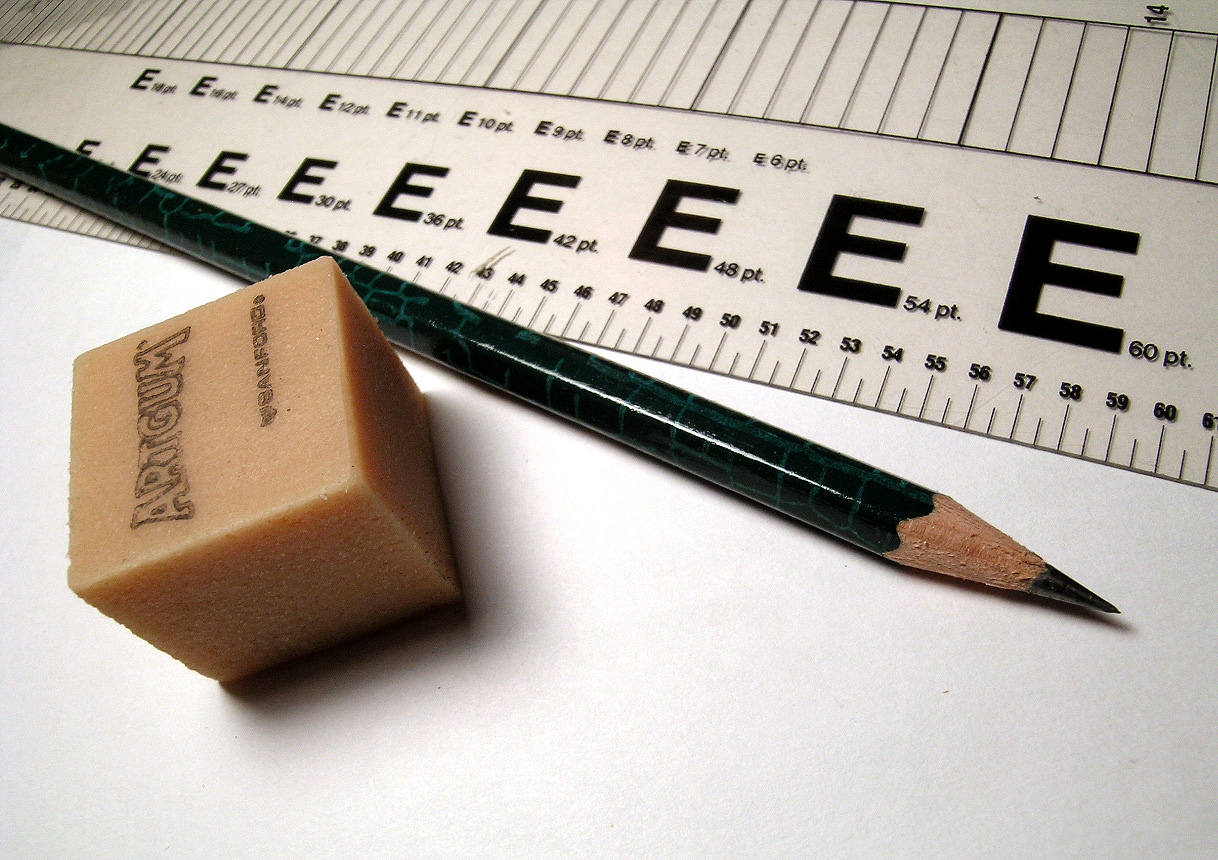Okay, we’ve all been there, and I’m no exception. Your new project, or a new idea for doing something – becomes, if unchecked, an excuse to buy a ton of stuff and gadgets. These do two damaging things to your plan, whatever it is: firstly, they damage your budget – and secondly, they give you a pillar to hide behind and avoid doing real work (Hugh MacLeod has more here – read it!).
Fear not, power learners. Today we come back to the tried and true – to five tools so basic, you may have forgotten they existed. And we’ll look at how best to use them in language learning. Get ready for a blast from the past!
1: Your Memory
This is logical, really. If you rely on gadgets and smartphones to store your vocabulary, translate your stuff for you and even pronounce the sentences in a foreign language – then your memory is no longer exercised. And when it comes to authentic, unplugged communication (gasp!), an untrained memory fails you.
Don’t let that happen. Use your loaf. Look back on your study skills, and learn some good memorising techniques. After all, this is the most powerful tool you have with you at all times!
2. Your voice
One of the best language students I know was an opera singer. The catch? He was never afraid of being heard.
Think about it. If you fear mistakes, you will participate less, and seek out fewer chances to use your language. And the less you speak, the less you practice…and so on. The way to break this vicious cycle is simple: speak out. Practice your voice. Sing foreign language songs. And enjoy how you sound in a foreign language – this, after all, is the new you!
There are many other benefits to using your voice more: many people find it easier to remember things better when they hear them (it’s not 100% science, but the term “auditory learners” has been applied to such people). Are you one of them? Give it a try!
3. Pen and paper
Yeah, seriously. And coming from me, this should be even more surprising. I’ll admit it: I’m hopeless with paper. Most of my bills are paperless, and if a letter find its way into my office, it’s gone forever.
But you don’t have to be that guy. Paper doesn’t run out of batteries, doesn’t rely on coverage, and is allowed where most smartphones and tablets aren’t.
I’ve written a thing or two about taking better notes already – the thing I’ll add now is simple: if you’re serious about learning a language, never go without pen and paper. New words, phrases and ideas can hit you anywhere (as I discovered for myself last weekend on a train!), so make sure to note them down dilligently. There are many easy ways to have a handy paper organizer with you at all times: Pocketmod is my favourite.
4. Flashcards
Flashcard apps are either pricey or terribly ugly (see the one I’ve reviewed earlier), and ready-made flashcards make you spend cash on words you may never need. Tough luck, dear language enthusiast: make your own.
Flashcards have loads of advantages, but one is my particular favourite: the komboloi effect! In Greece, the komboloi is a string of beads used to relieve stress, kill time and occupy hands. A well-designed flashcard set can perform the same function.
So make your own flashcards (you can even use a printable template here). And get in the habit of making them. Like a pen and paper, a flashcard set must be something you shouldn’t be without. Long commutes, queues, even waiting three minutes for your pals – all become a chance to revise!
5. A Paper Dictionary
Of course there’s one at your fingertips – mobile phones have them. But have you ever tried writing a good essay with the help of those? I know people who have. I took great pleasure in making them re-sumbit the test, and handing out copies of paper dictionaries to them. Much better.
This is probably one thing you should splash out on. A learner’s dictionary helps you make sense of the convoluted maze of vocabulary, usage and rules. And a really good one is actually unputdownable (that’s a word, I found it in my dictionary, so there!) Don’t carry it around with you – but try to have it with you whenever serious, focused study or writing takes place.
I’m pretty sure I’m missing some obvious, low-key language learning tools. Help me out, and suggest them in the comments!
Wiktor (Vic) Kostrzewski (MA, DELTA) is an author, translator, editor and project manage based in London. When he works, he thinks about languages, education, books, EdTech and teachers. When he doesn’t work, he probably trains for his next triathlon or drinks his next coffee.
BRAVE Learning (formerly known as 16 Kinds) is a lifelong learning and productivity blog. If you enjoy these posts, please check out one of my books and courses.
My recent publications, and my archive, is now all available on my new project: PUNK LEARNING. Hope to see you there!

